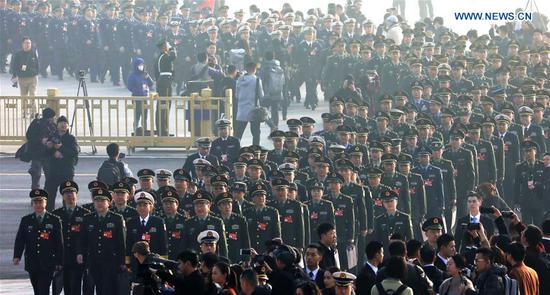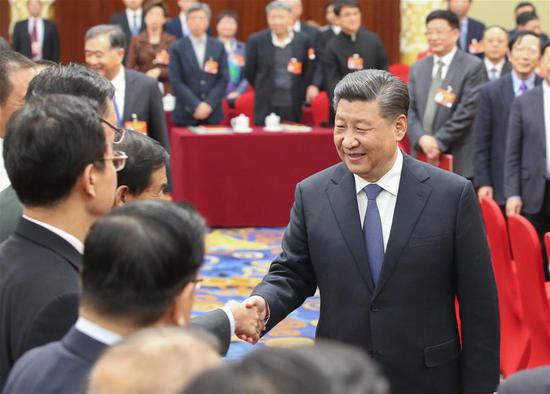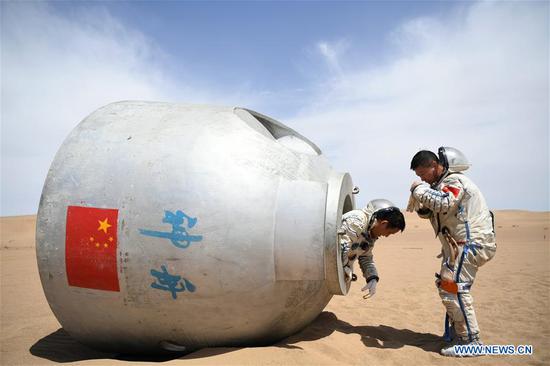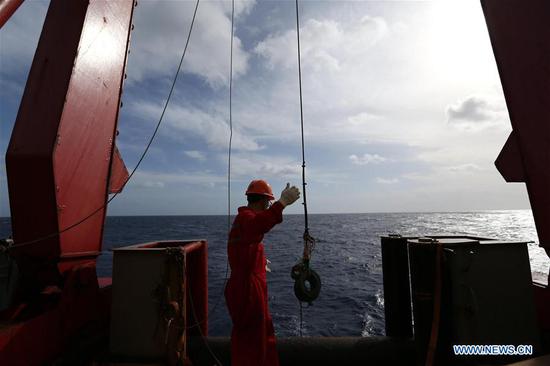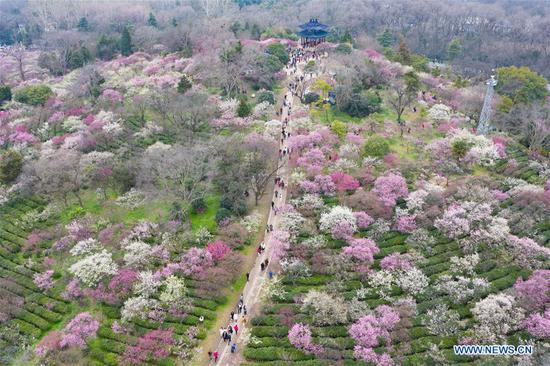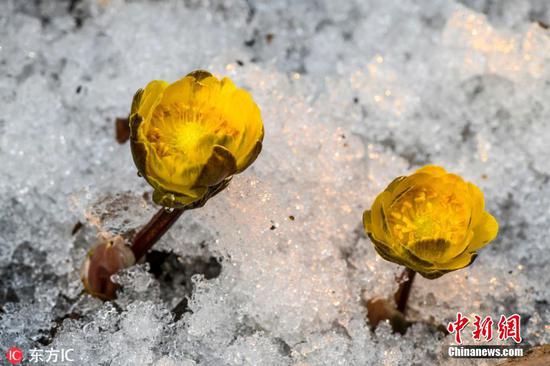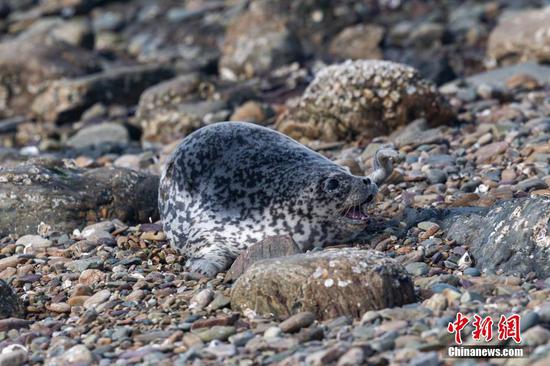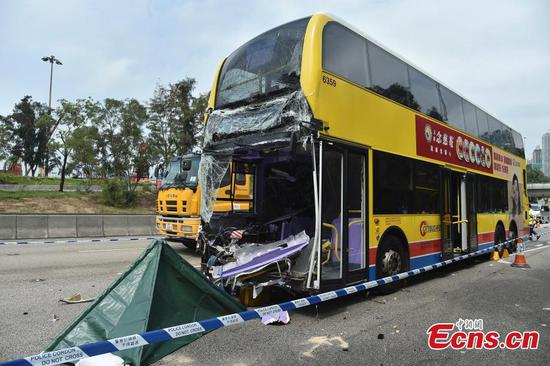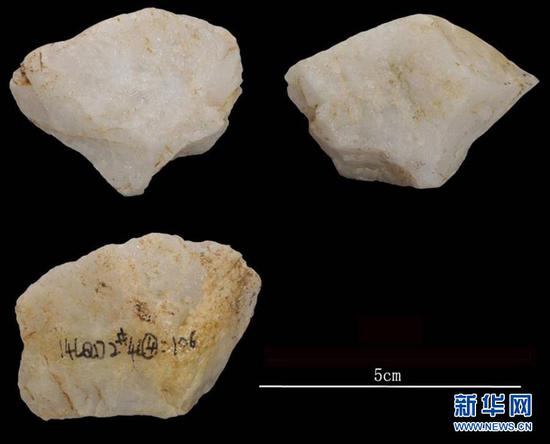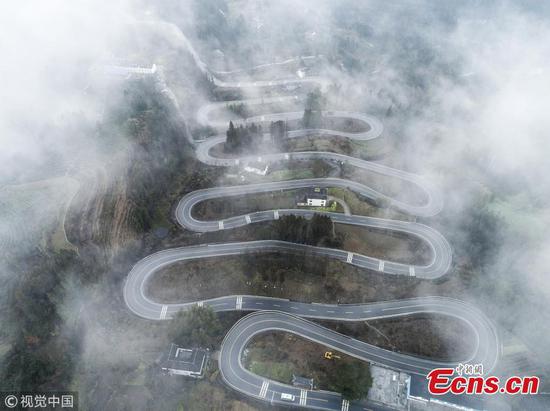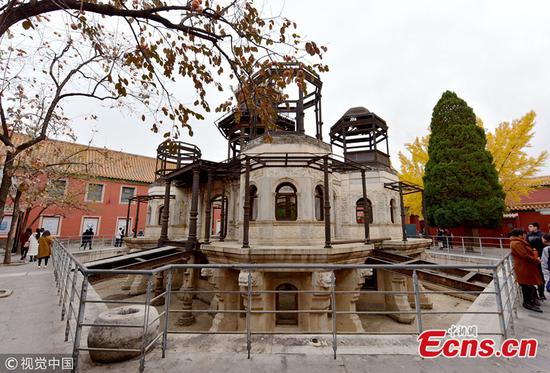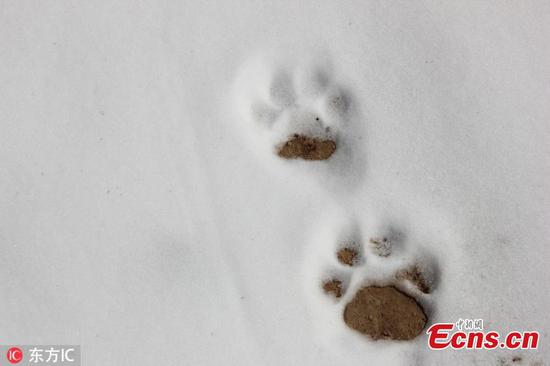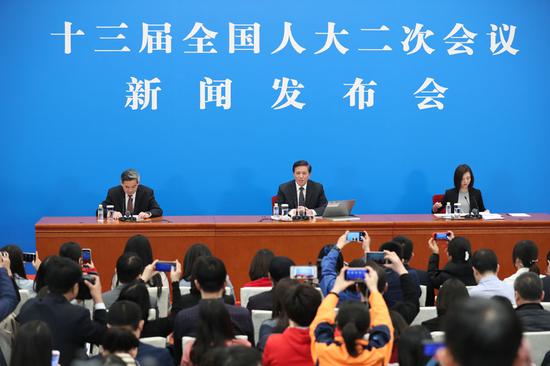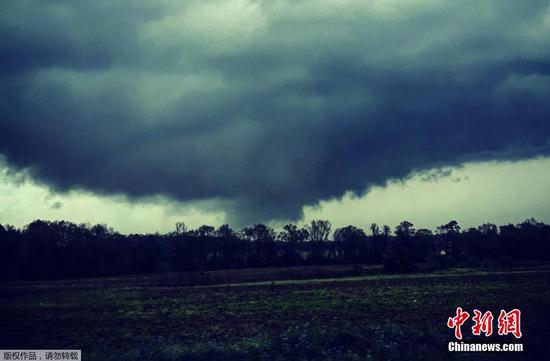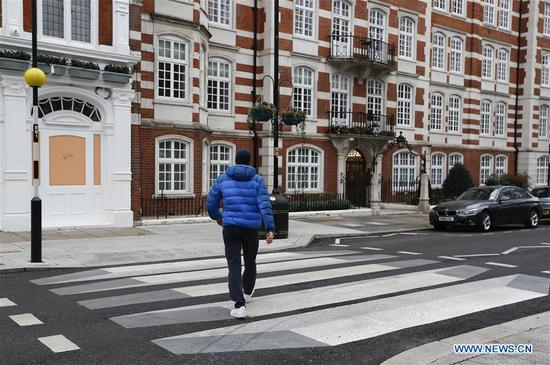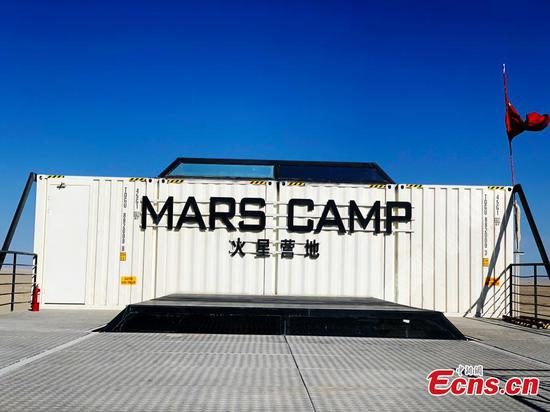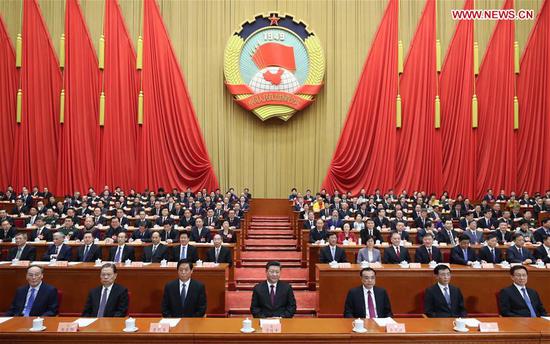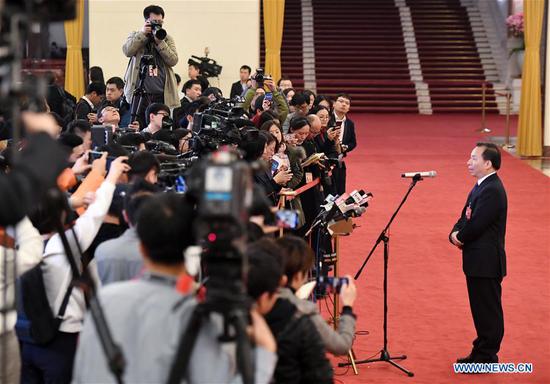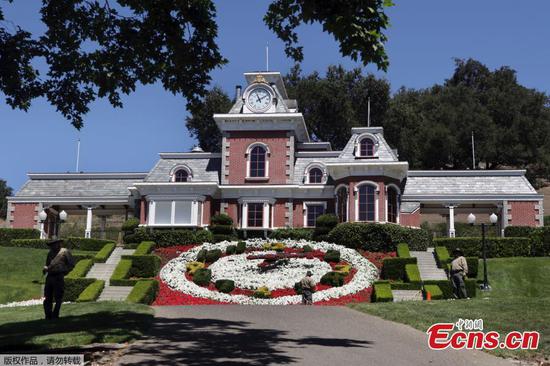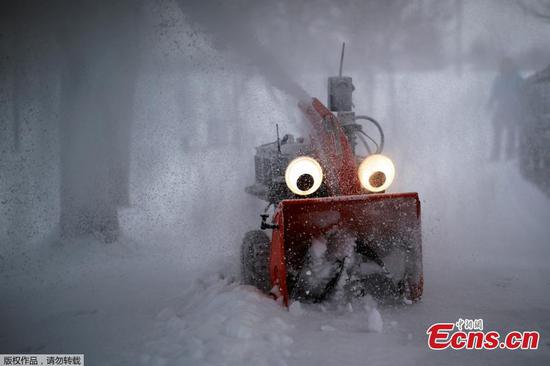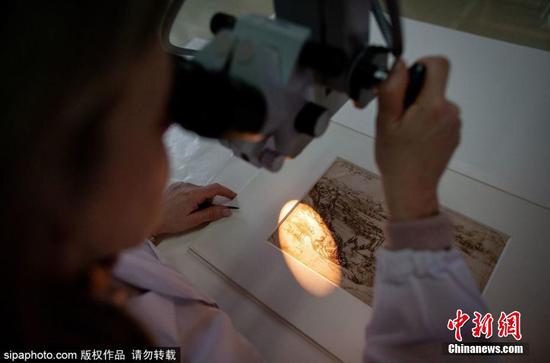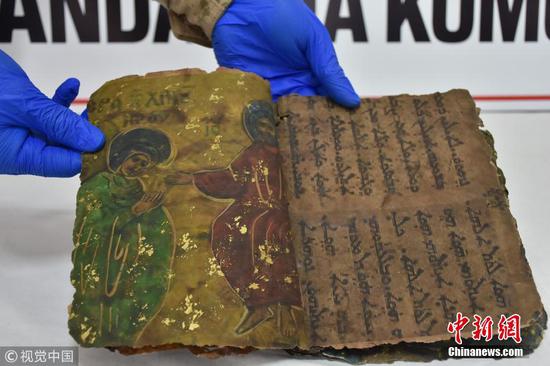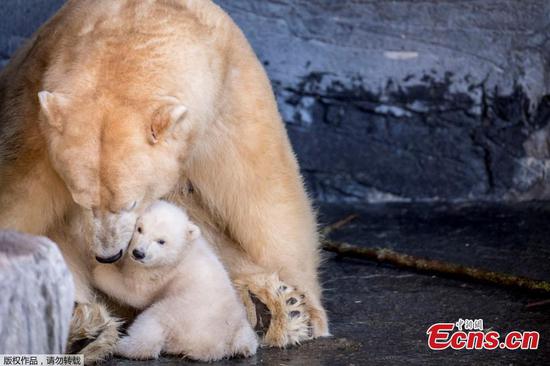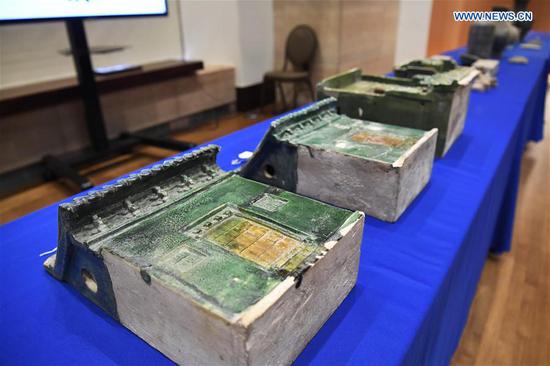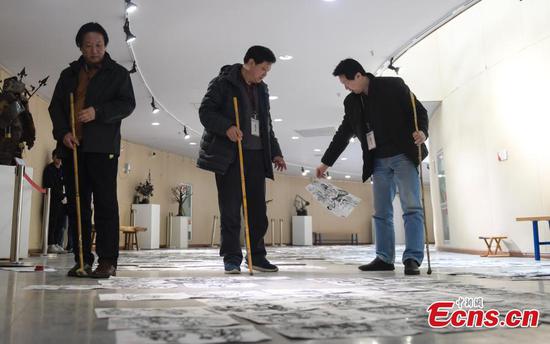Excessive coal consumption, harmful gas discharges from chemical plants, and vehicle exhaust are the major causes of air pollution in the Beijing-Tianjin-Hebei region and neighboring areas, experts said in a report released on Sunday.
The research was carried out by the National Joint Research Center on Air Pollution Causes and Control, and was based on more than a year of monitoring and analysis of PM2.5 in 28 cities including Beijing, Tianjin and other cities in Hebei, Shanxi, Shandong and Henan provinces.
Chai Fahe, deputy director of the center, who oversaw the report, said excessive coal consumption is the most important cause, followed by gas emissions from heavy industry and vehicle exhaust.
The report said that the Beijing-Tianjin-Hebei region and neighboring areas consume a great deal of coal - quadruple the national average.
Their production of steel, coke and glass accounts for more than 40 percent of the country's production.
"By analyzing the chemical components of air pollution in different cities, we can find out the sources of pollution and provide them with targeted solutions," Chai said.
"For example, the capital's major source of air pollution would be vehicle exhaust, and we recommend more use of electric vehicles."
Cities like Taiyuan, Changzhi and Jincheng in Shanxi province and Baoding, Hebei province, had heavier air pollution last autumn and winter because people and enterprises there used more bulk coal than others for heating.
Gong Huiming, director of Energy Foundation China's transportation program, said air pollution caused by bulk coal use and vehicle emissions has become increasingly serious.
"It is necessary to promote clean energy substitutes for coal," he said.
"As for car exhaust, while ensuring emissions meet standards, the government should encourage the transport of goods by railway rather than highway to reduce air pollution."









